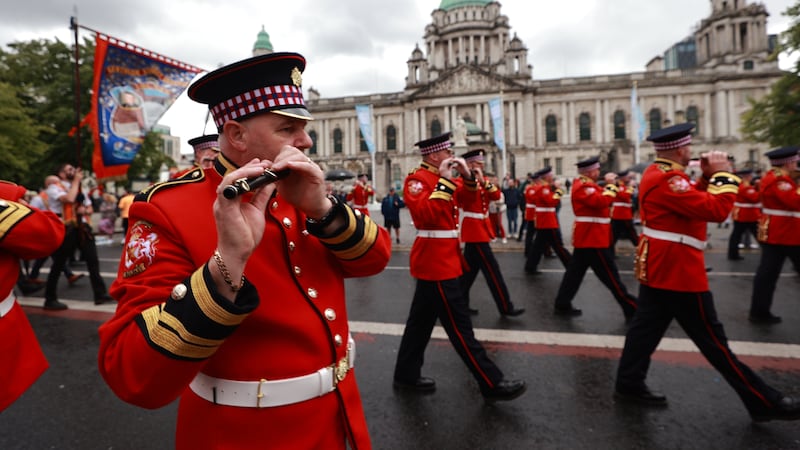July 2 1924
The arrival at Dun Laoghaire yesterday morning of Mr Justice [Richard] Feetham, chairman of the Irish Boundary Commission, was almost completely unnoticed, and the distinguished traveller passed from the boat to the landing stage apparently unidentified even by his fellow travellers.
He left immediately for Dublin, motoring to the Viceregal Lodge, where he will stay as the guest of the Governor-General while he is in the Free State.
He interviewed President [WT] Cosgrave yesterday, but spent less than half an hour in the Government Buildings. He was accompanied by Professor John MacNeill.
Every precaution has been taken to prevent undue publicity being given to the conversations, which, it is understood, will be continued in Belfast with representatives of the government of Northern Ireland.
After arriving from South Africa, Justice Richard Feetham began his work on the Irish Boundary Commission that lasted for over 18 months and ended in controversy in late 1925.
Bishop on ‘Evil’ of All-Night Dancing
Speaking at a Confirmation ceremony in the Pro-Cathedral, Galway, yesterday, Most Rev Dr [Thomas] O’Doherty, Bishop of Galway, referred to the failure in recent years to observe Catholic holidays.
He said that in cities like Dublin and Galway, the bank or civil holidays were accepted as a time for rejoicing, but the Church holiday, on which were celebrated some of the greatest mysteries of the Church, was neglected. They had become so Anglicised that they accepted the English Protestant tradition, and celebrated the bank or civil holiday in idleness and revelry.
There was another matter which he had spoken about again and again, and which he would denounce as long as the danger existed – it was the all-night dances, with certain accompaniments: drink, company-keeping, rambling home in the small hours of the morning. These were a terrible cause of sin in Galway, and whenever they raised their head he would have a shot at them.
He was glad to know that his remarks of some months ago were bearing good fruit, and that people had come to see that the evil had gone too far and was eating into the Catholic life of the people of Galway.






